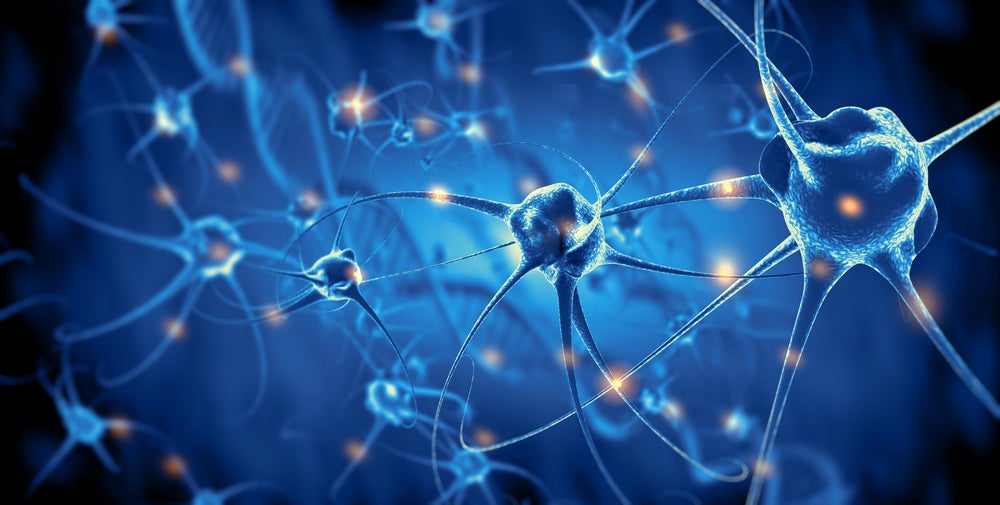The theme for 2024 Brain Awareness Week is The Changing Brain, exploring aspects of ageing and how the brain changes with time. Central to this discussion are conditions such as dementia, in which cognitive decline often results in loss of independence and a need for constant care, and Alzheimer’s disease, which accounts for up to 70% of dementia cases.
The WHO estimates there are nearly 10 million new dementia cases each year. At present, more than 55 million people have dementia around the world, with 60% living in low and middle-income countries. Shockingly, Alzheimer’s Disease International suggests that up to three-quarters of people with dementia do not have an official diagnosis, limiting their access to support, care and treatment. This treatment gap is even more pronounced in low-income countries, underscoring the urgent need for earlier and more accessible diagnostic tests.
According to leading data and analytics company GlobalData, artificial intelligence (AI) imaging tools and new in vitro diagnostic (IVD) tests are dominating dementia diagnosis research and have the potential to make screening more accessible and efficient. Conventional dementia diagnosis relies heavily on resource-intensive cognitive assessments and brain scans, often causing distress for patients. Simplifying these tests is a focal point of ongoing research and product development, aiming to improve patient experiences and outcomes.

Magnetic resonance imaging (MRI), computed tomography (CT) and positron emission tomography (PET) scans will continue to play a crucial role in understanding neurological conditions, providing valuable insights into brain structure and function. With the integration of AI, subtle microstructural changes in the brain can be detected and monitored, enabling physicians to determine a patient’s risk of developing dementia or Alzheimer’s disease, track the progression of diagnosed conditions and monitor response to treatment more efficiently.
The emergence of in vitro diagnostic (IVD) devices also offers a promising diagnostic alternative, leveraging biomarker analysis in blood or cerebrospinal fluid for simple, cost-effective and high-throughput screening. While lacking the detail of traditional brain scans, these liquid biopsy tests present a viable option, particularly for underserved populations in rural or low-income areas.
AI devices are undergoing clinical trials while most IVD pipeline products are still in the early stages of development. Nonetheless, as these technologies mature, they have potential to revolutionise dementia diagnosis, offering hope for earlier interventions and narrowing the treatment gap for millions worldwide.

US Tariffs are shifting - will you react or anticipate?
Don’t let policy changes catch you off guard. Stay proactive with real-time data and expert analysis.
By GlobalData





